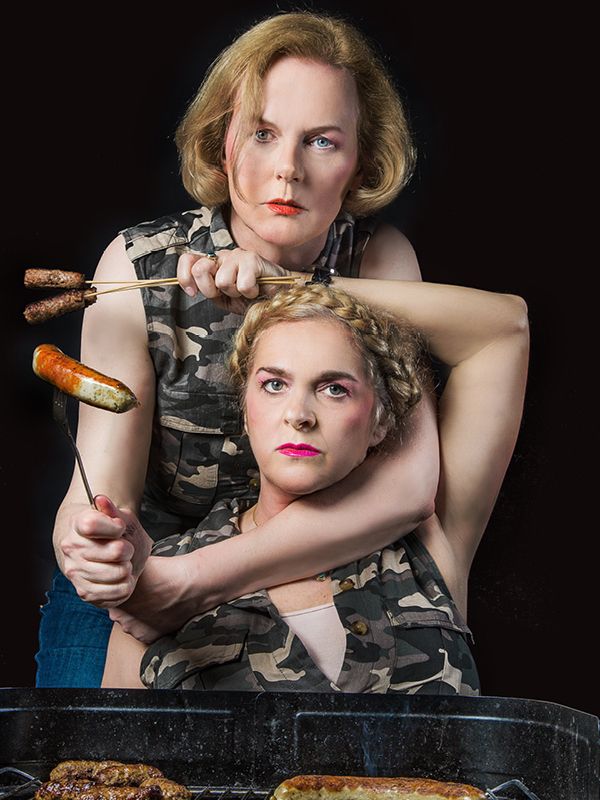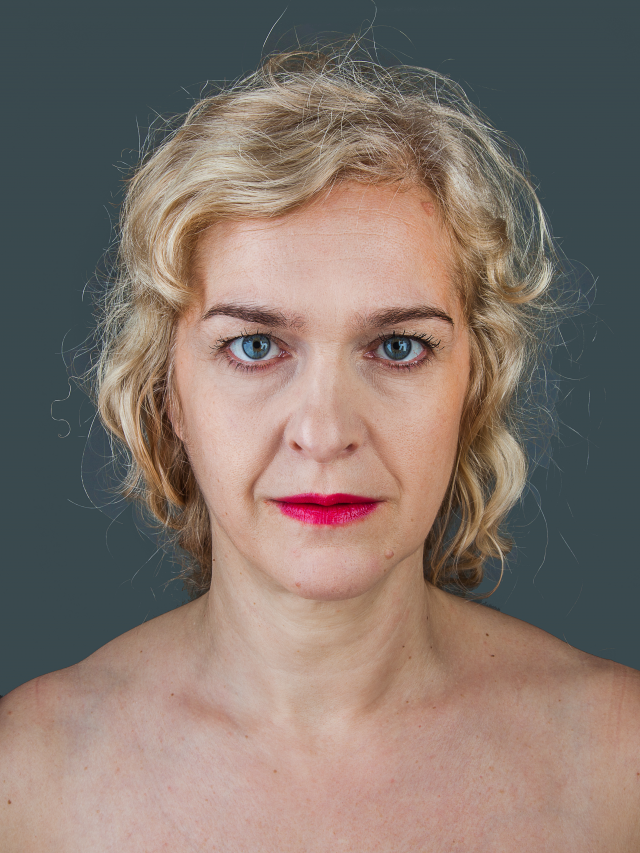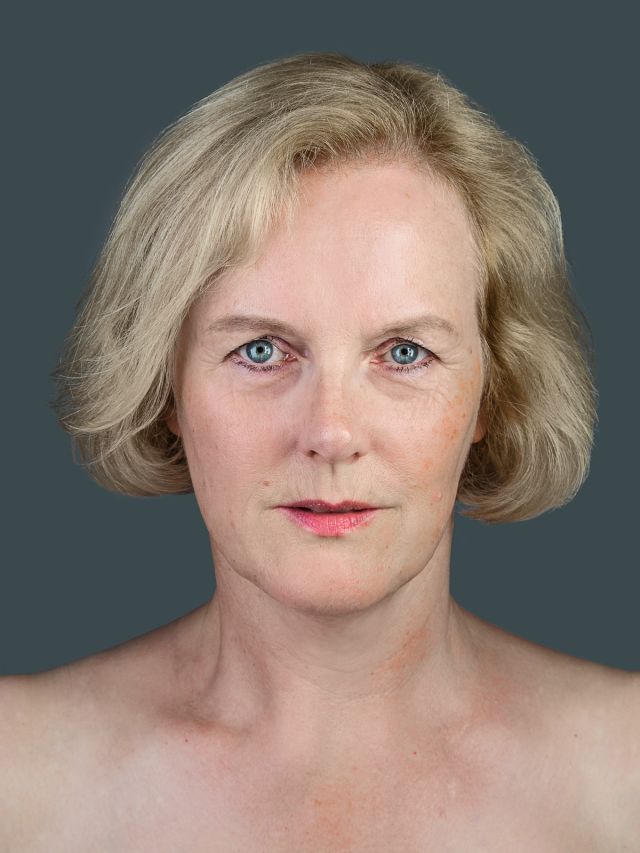Skip to main content
Hauptsache sie schießen nicht (Samo da ne pucaju)
Premiere at 3/May in Zenica also at 5/May in Sarajevo
It is cold in Germany but in Bosnia, in Bosnia it is colder, but it’s not the weather. The green expanse of this land stan ...
Premiere at 3/May in Zenica also at 5/May in Sarajevo
It is cold in Germany but in Bosnia, in Bosnia it is colder, but it’s not the weather. The green expanse of this land stands out in all its colours. It burns if you try to see further, that’s why one often keeps one’s eyes down.
It was supposed to be a hunt. That’s why one was on the lookout, met secretly with informants in dark corners or tried tocall Radovan Karadžić’s daughter in the Republika Srpska Parliament. Her number is actually listed in the phone book. That was the plan. At the end of their trip through Bosnia, however, Vernesa Berbo, Moritz Sauer and Stephanie Zurstegge hadn’t spoken with the children of the war criminals of the Bosnian war from 1992 to 1995. On their trip in autumn 2017, they listened much more to the »perfectly normal« people, survivors of the conflict, because »the other« normal people, the perpetrators, unfortunately they don’t speak to one at all. In Hauptsache sie schießen nicht (Samo da ne pucaju) (As long as they don't shoot) they gather the voices of the war and the country that arose from it. What do guilt, revenge and atonement mean to the Bosnians? Although no one wants to be a victim in the present, many would like to have been victims in the past. When and how is it possible, necessary and correct to talk about what happened, and – how do I tell my children? What remains true when one creates oneself and others through stories and not through facts?
Berlin premiere: May 30th/31th, 2018
A project of Vernesa Berbo and Moritz Sauer, co-produced by the Studio Я / Maxim Gorki Theater in cooperation with the International Theatre Festival MESS / Scene MESS and Bosnian National Theater Zenica, and supported by Scene Change, a program of the Robert Bosch Stiftung and the International Theater Institute (ITI), the Senate Department for Culture and Europe of the State of Berlin and the Heinrich-Böll-Stiftung Bosnia-Herzegovina.
Photo: © Esra Rotthoff
Directed by
Moritz Sauer


